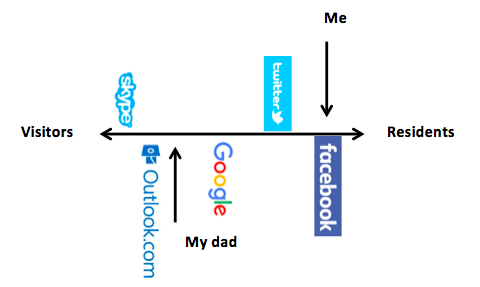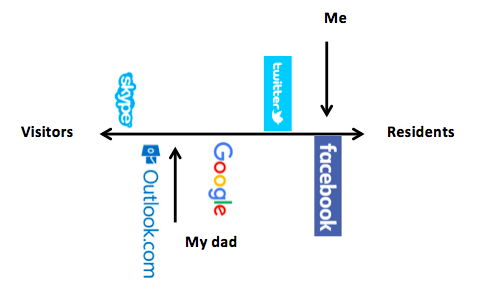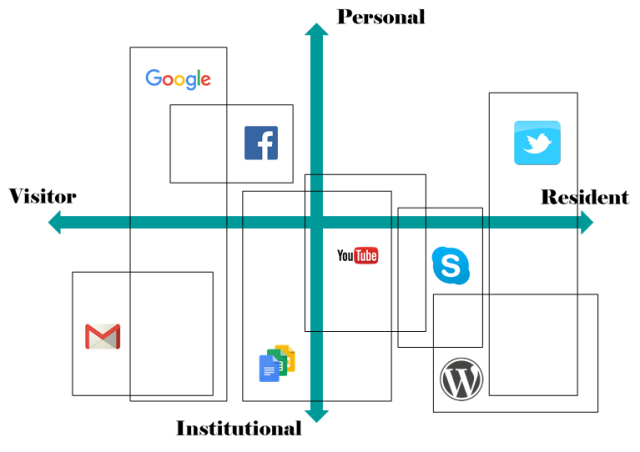
Open Access
As an English student, I often need to read secondary texts that I get from online sources. These need to be credible sources so they either need to be books, texts or journals which I access free of charge thanks to Open Access. What is it? You may ask. Wiley have explained below:
Video Credits.
Here is my presentation of the pros and cons of Open Access:
http://www.powtoon.
Continue reading →


















